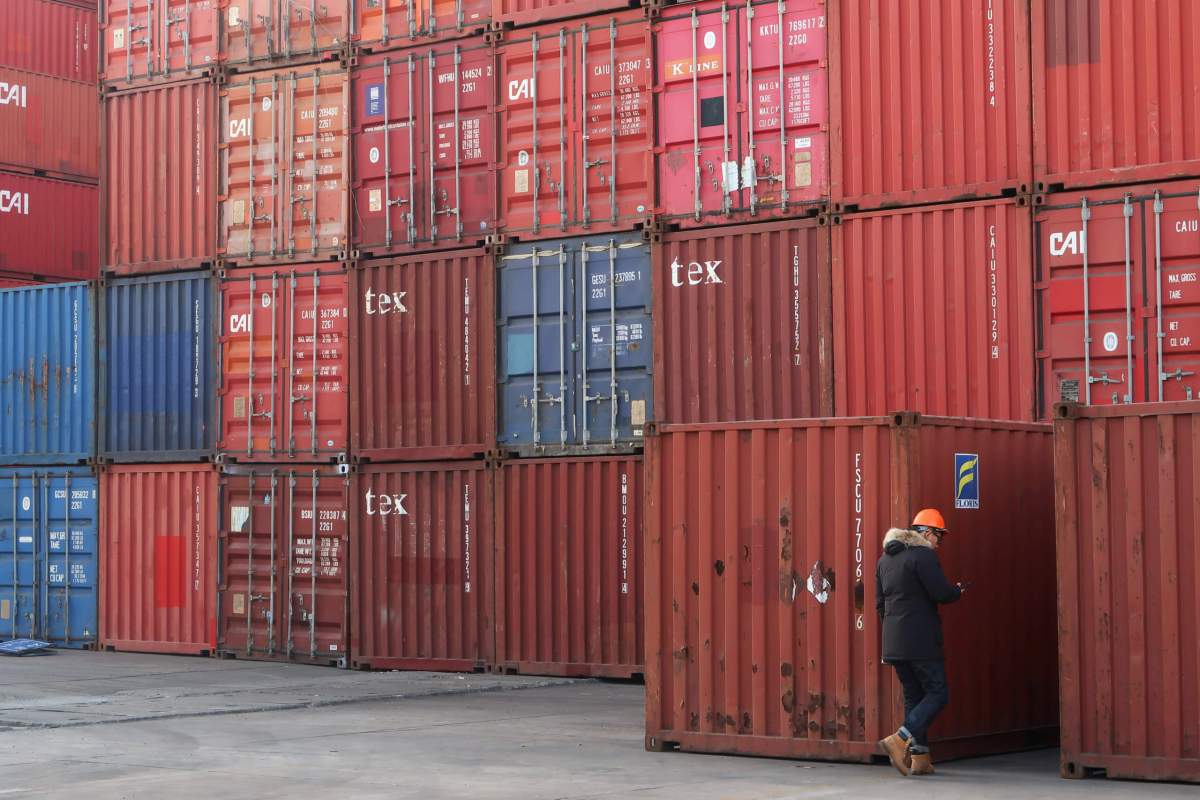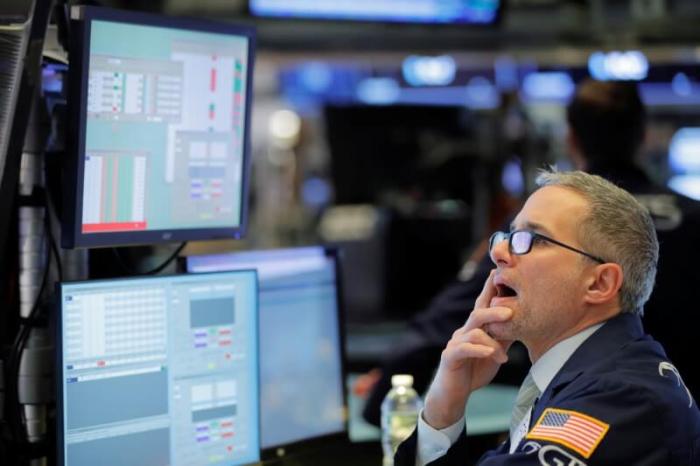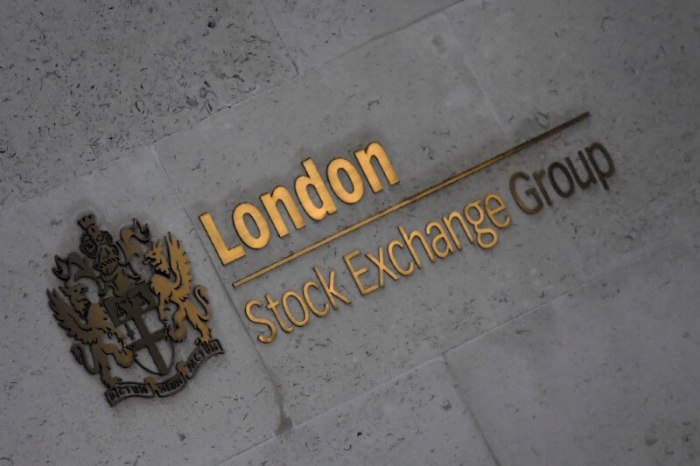By Shrutee Sarkar and Hari Kishan
BENGALURU (Reuters) – A significant global upturn will remain elusive this year as many economies still face an array of daunting risks, despite improved sentiment from an initial U.S.-China trade deal and ebullience in financial markets, Reuters polls showed.
The global economy in 2019 may have been near its weakest since the financial crisis thanks to trade protectionism and political uncertainty, but world stocks had a blowout year with several indexes repeatedly setting record highs.
With easy policy from central banks set to continue, that split between markets and events on the ground may extend into this year, according to surveys of over 500 economists covering 46 major economies conducted Jan. 10-22.
When asked what is more likely for developed and emerging market economies this year, more than three-quarters of nearly 400 economists said “about the same as last year”, in terms of growth rates.
“The world’s growth trends are sustainable, but fragile. We do not see high recession risks in major economies, nor do we expect a sharp rise in inflation. But we are respectful of late cycle dynamics and various serious political and long-term risks,” said James Sweeney, chief economist at Credit Suisse.
“Global manufacturing and trade have been in a slump since late 2018, but cyclical indicators are likely to improve in 2020. The rebound is unlikely to be vigorous.”
While very few economists predicted a deeper downturn this year, not many more forecast a significant pick-up either, despite the euphoria surrounding the initial Washington-Beijing trade deal that cooled nearly two years of escalating tensions between the world’s two biggest economies.
“In the near-term, it has certainly removed some downside risks and given sentiment a little bit of a lift,” said Jim O’Sullivan, chief U.S. macro strategist at TD Securities.
“In the end, we’re not expecting that to cause business confidence to roar back. We don’t think trade policy uncertainty is going away.”
In the latest Reuters polls, the 2020 growth outlook for nearly 75% of 46 major economies was either cut or left unchanged from the previous poll. Similarly, the outlook for inflation for nearly 85% of those economies was trimmed or left unaltered.
Reuters poll graphic on 2020 economic growth forecast revisions from the October survey https://fingfx.thomsonreuters.com/gfx/polling/1/664/656/Global%20growth%…
Most central banks were expected to maintain their easing bias, despite increasing scepticism about their ability to influence growth or inflation. Forecasts for the next likely move were still leaning toward a cut rather than a move away from crisis-era policies.
“We continue to see interest rates at record low levels. Lower for longer is fast becoming lower forever,” said Jan Lambregts, head of global economics and markets at Rabobank.
While most major central banks have been successful in avoiding a deeper economic downturn, they have collectively failed to stimulate demand in their respective economies — which is not expected to change at least until 2021. [ECILT/US] [ECILT/EU] [ECILT/GB] [ECILT/JP]
“We expect most of the 2020s to be characterized by slow growth and very low inflation,” said Jennifer McKeown, head of global economics at Capital Economics.
“Given the low level of neutral real interest rates, central banks in advanced economies will struggle to offer any meaningful policy stimulus.”
The global economy was forecast to expand 3.1% this year, unchanged from the October median and the weakest since polling began for this period in April 2018. That is only a sliver better than last year.
The International Monetary Fund’s latest world growth forecast was slowly converging toward the Reuters poll consensus, lowered to 3.3% from 3.4%, their third straight cut to the 2020 outlook.
“The apparent ceasefire in the battle over tariffs removes a downside risk to growth. But tariffs remain high and we suspect that tensions will persist in other forms, adding to reasons to expect the global economic recovery to be a gradual one,” added Capital Economics’ McKeown.
Reuters poll graphic on global economic outlook https://fingfx.thomsonreuters.com/gfx/editorcharts/GLOBAL-ECONOMY-POLL/0…
Emerging market central banks have eased policy aggressively, but a rebound in developing economies has also been elusive, with growth rates in some of the biggest ones moving in the opposite direction.
China economic growth is set to slow to a 30-year low of 5.9% this year, on more sluggish domestic consumption and global demand for what it exports. [ECILT/CN]
Growth has also slowed sharply in India to around 5%, but inflation is rising, which may prevent the central bank from cutting rates again in coming months and puts pressure on the government to provide further fiscal stimulus. [ECILT/IN]
Brazil’s economy, in the midst of its weakest-ever recovery from recession, will accelerate this year, but not by much, growing by 2.1%. [ECILT/LTAM]
Reuters poll graphic on recession probability https://fingfx.thomsonreuters.com/gfx/editorcharts/GLOBAL-ECONOMY-POLL/0…
(Polling and reporting by the Reuters Polls team in Bengaluru and bureaus in Shanghai, Tokyo, London, Oslo, Istanbul, Johannesburg and Buenos Aires; Editing by Ross Finley and Catherine Evans)

























